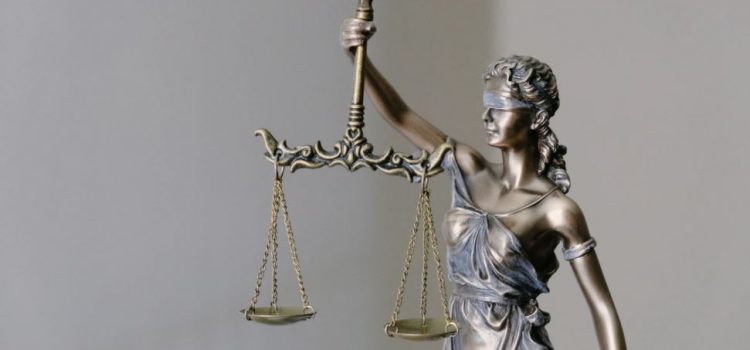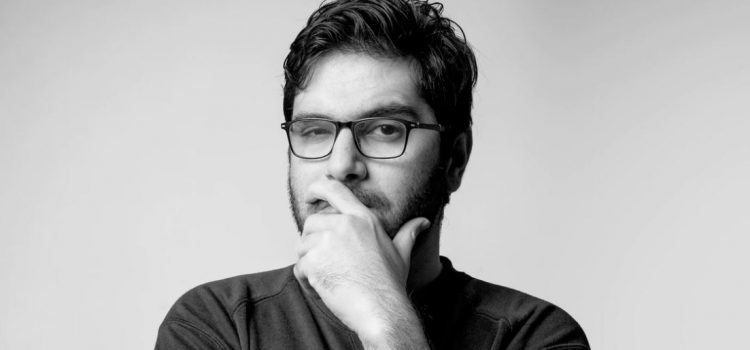Are you and your body one and the same? What difference does it make? In Solve for Happy, Mo Gawdat outlines an algorithm for happiness. It involves dispelling several misconceptions that cause us to suffer. One of these is the notion that our minds and our bodies are the same rather than distinct from each other. Read more to learn how you are not your body and what difference that makes for your happiness.
You Are Not Your Body: Dispel the Myth, and Find More Joy









